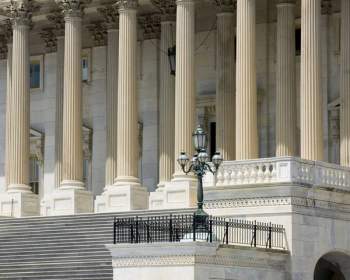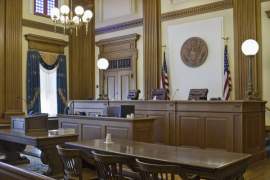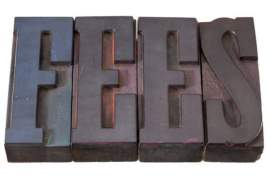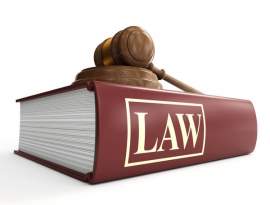
Need to Know Facts About the Clerk of Courts

What is a Clerk of Courts?
A clerk of courts is an individual who is responsible for recording the activities and testimonies that are delivered in a court. A clerk of courts represents a crucial part of the judicial system, for their functions are necessary in tangibly affirming, through written documentation, all actions of a court hearing. In addition to this fundamental role, the clerk of courts must maintain all records and administer all oaths to witnesses and jurors.
The clerk of courts, as a position, is used in legal systems that utilize the common law jurisdiction system of justice. Through their varying responsibilities, the clerk of courts is commonly regarded as one of the chief officers of the court system.
The concept of a Clerk of Courts:
The concept of a clerk of courts was first created in medieval Europe as a means to keep records for trials. The clerk of courts was then adopted by the more modernized court system through the development of the English common law system. Subsequent to this evolution, the clerk of courts was then further adapted by the United States following the ratification of the American Constitution.
In prior years, the clerk of courts was responsible for safeguarding the seal of the court system. This process affirmed the official stamp that was used to authenticate legal documents and those orders issued by judges presiding over the particular legal matter.
Varying Responsibilities of a Clerk of Courts:
Some court clerks, depending on jurisdiction, also act as the individuals who are required to read the verdict offered by the jury. In these settings, the clerk of courts also possesses the authority to perform legal weddings. This power is dependent on the particular statutes of a State or nation.
Typically these powers are awarded to the clerk of courts in county court systems, where the jurisdiction possesses a limited budget or does not require the individual judge to act as his or her own clerk of courts.
In other jurisdictions, however, the clerk of courts will be elected to a position within the system’s office. Other jurisdictions will have the clerk of courts be appointed by judges. This anointing process is dependent on the level of legal support present in the judiciary system of the particular State or county.
For example, in the United States the State of North Carolina will elect a clerk of courts to hear certain cases to help streamline the legal services provided by the particular court. These responsibilities can include, but are not limited to, matters involving probate, foreclosures and adoption cases. In these instances, the clerk of courts is also awarded the authority to issue orders for arrests and warrants.
NEXT: Prosecutor





















